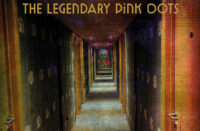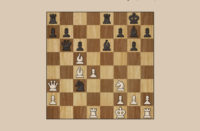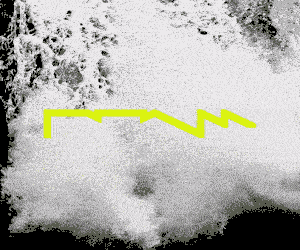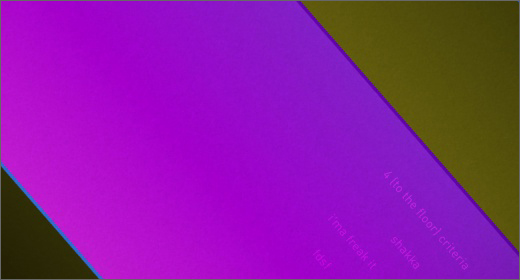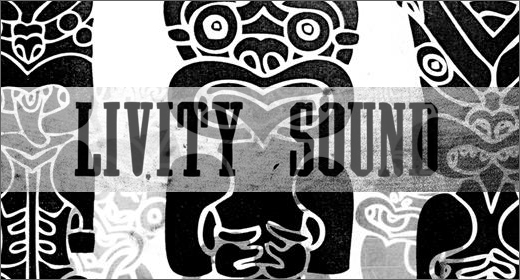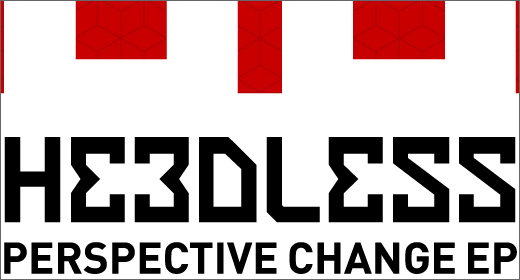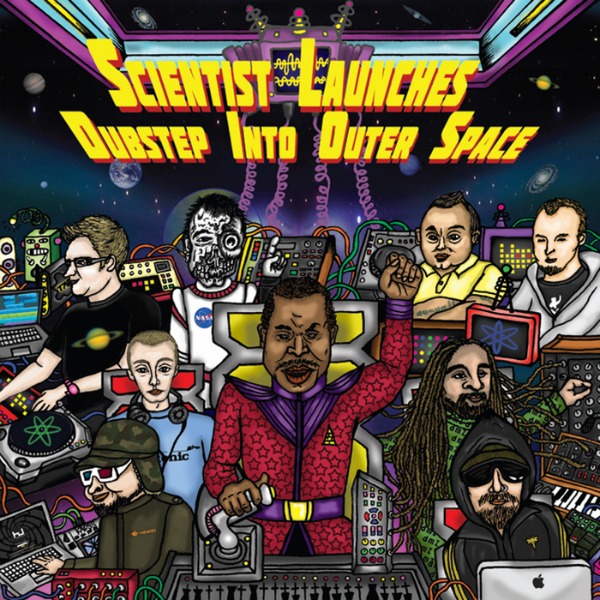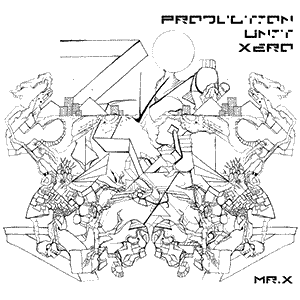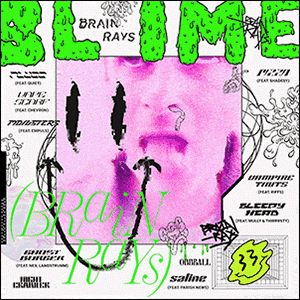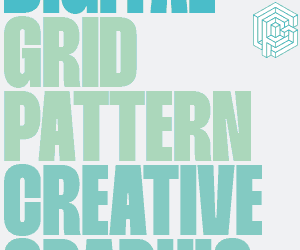The Jamaican-British Mala (born Mark Lawrence) was one of the South Londoners who put the actual dub in dubstep, and he handles this material beautifully, making piano chords roll and snowballing up trumpet blasts, twisting dials just enough in the studio to make the echo of an acoustic instrument latch seamlessly onto a synthesized note.
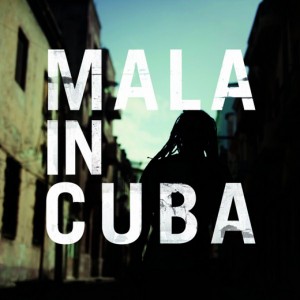 [Release page] A founding brother of dubstep as one half of Digital Mystikz with Coki, Mala continues to innovate within the genre while stretching its pliable boundaries. Via superstar musical personality Gilles Peterson, Havana Cultura invited him to come to the island and collaborate with local musicians. Not surprisingly for an dance artist who has actually released little under his own name, this is his first full-length album. It´s not the culmination of a life-long love of Cuban music, as he confesses to have heard of Buena Vista Social Club and not much more, but he is constantly curious about hanging himself out in new musical contexts. Asking the musicians gathered to meet him to simply do what they do at his preferred tempo of 140 bpm, he recorded, took it back to London and listened intently. The listening woke the ideas and the album took shape.
[Release page] A founding brother of dubstep as one half of Digital Mystikz with Coki, Mala continues to innovate within the genre while stretching its pliable boundaries. Via superstar musical personality Gilles Peterson, Havana Cultura invited him to come to the island and collaborate with local musicians. Not surprisingly for an dance artist who has actually released little under his own name, this is his first full-length album. It´s not the culmination of a life-long love of Cuban music, as he confesses to have heard of Buena Vista Social Club and not much more, but he is constantly curious about hanging himself out in new musical contexts. Asking the musicians gathered to meet him to simply do what they do at his preferred tempo of 140 bpm, he recorded, took it back to London and listened intently. The listening woke the ideas and the album took shape.
Mala recorded artists who have worked their way in to the “heart of Havana’s music underground,” but the album is dominated by his and fellow Londoner Simbad’s arrangements. Most of these young musicians have only appeared once or twice on record before on the Havana Cultura imprint, although pianist Roberto Fonseca has a nice, multifaceted international career underway and timbalist Changuito is a veteran session man.
The Jamaican-British Mala (born Mark Lawrence) was one of the South Londoners who put the actual dub in dubstep, and he handles this material beautifully, making piano chords roll and snowballing up trumpet blasts, twisting dials just enough in the studio to make the echo of an acoustic instrument latch seamlessly onto a synthesized note, like the brash trumpet on “Calle F.” A battery of domestic percussion is front and centre, both on a more recognizably dubstep jitterer like “Cuba Electronic” or the fat, snakey “The Tunnel” and more woody, sweaty and indigenous numbers like “Mulata” and “Ghost.” Listening closely, you discover that the triumphant “Revolution” and cinemascopic “Change” consist only of a few components brilliantly organized. The same can be said of the moving mix of voices on “Como Como,” a floating mosaic of tropical colour and the mesmerizing, holiday-drunk acoustic guitar and bass on “The Tourist.” The album closes with a sweet showcase tune for singer Danay Suarez.
Most important of all is that he has brought the two worlds together, of street music and studio technology, just like the early, dub pioneers of the Caribbean. Clear a candidate for album of the year in a variety of categories, including the new category it creates, “rumstep.”
In Cuba is available on Brownswood. [Release page]







